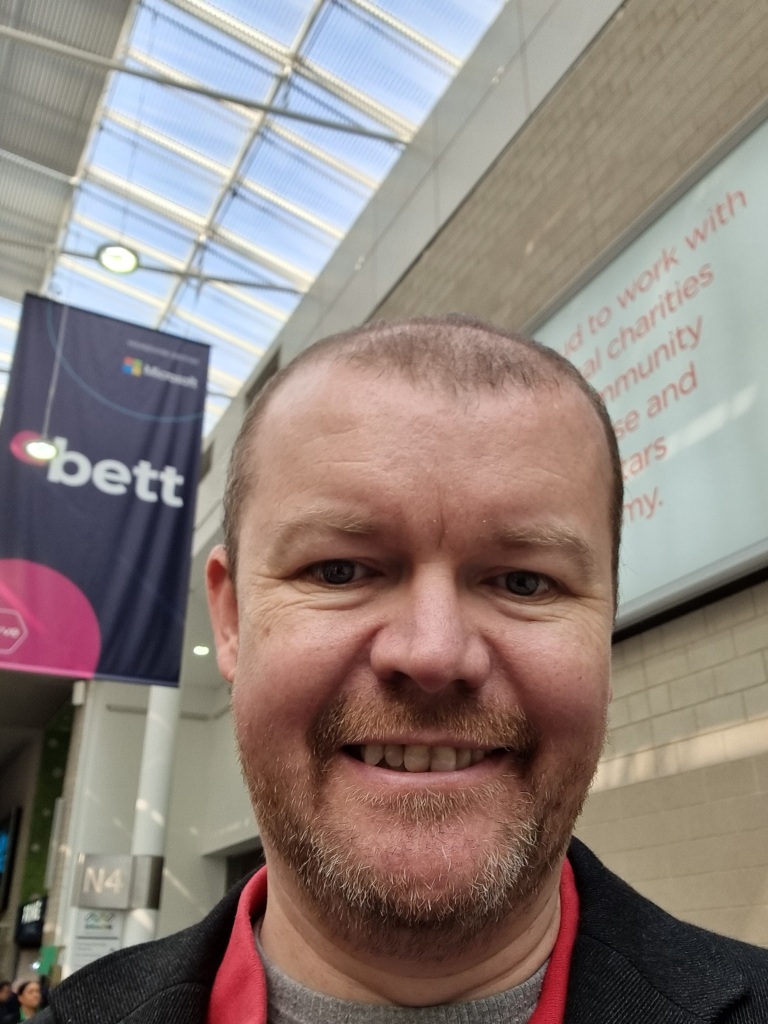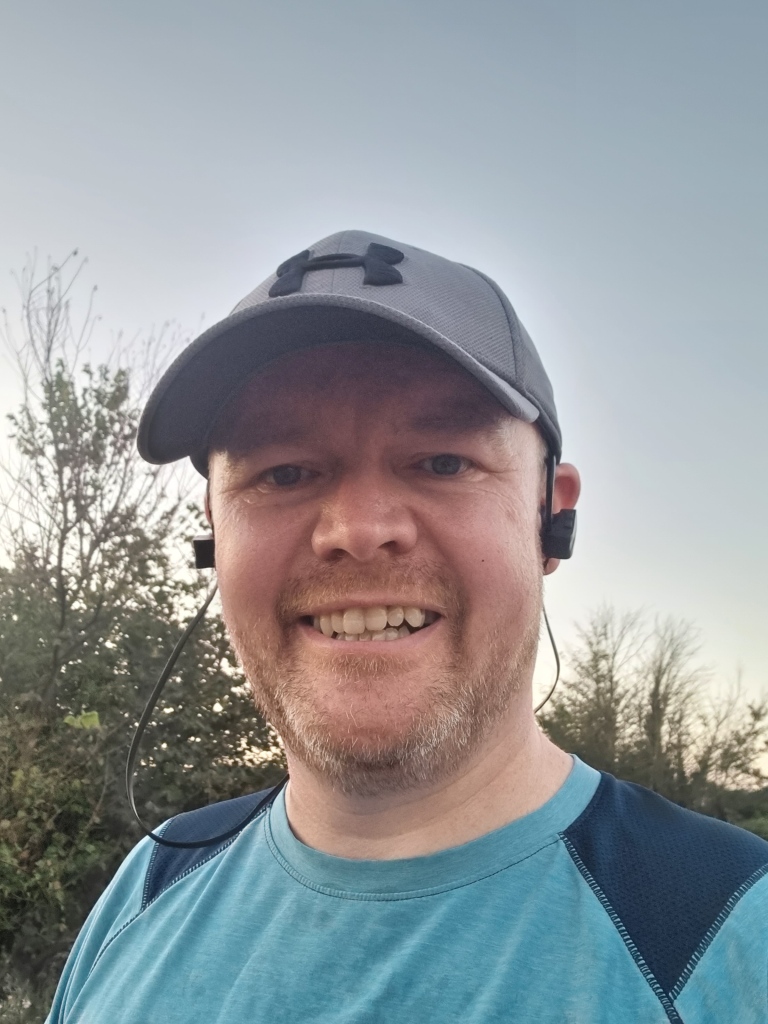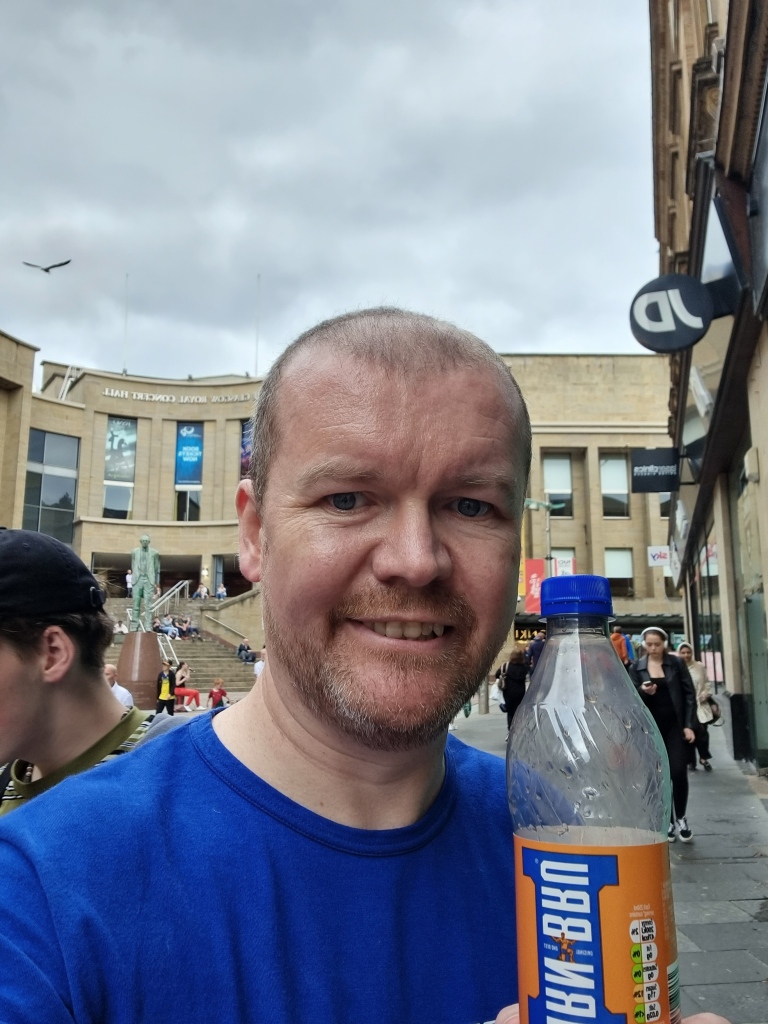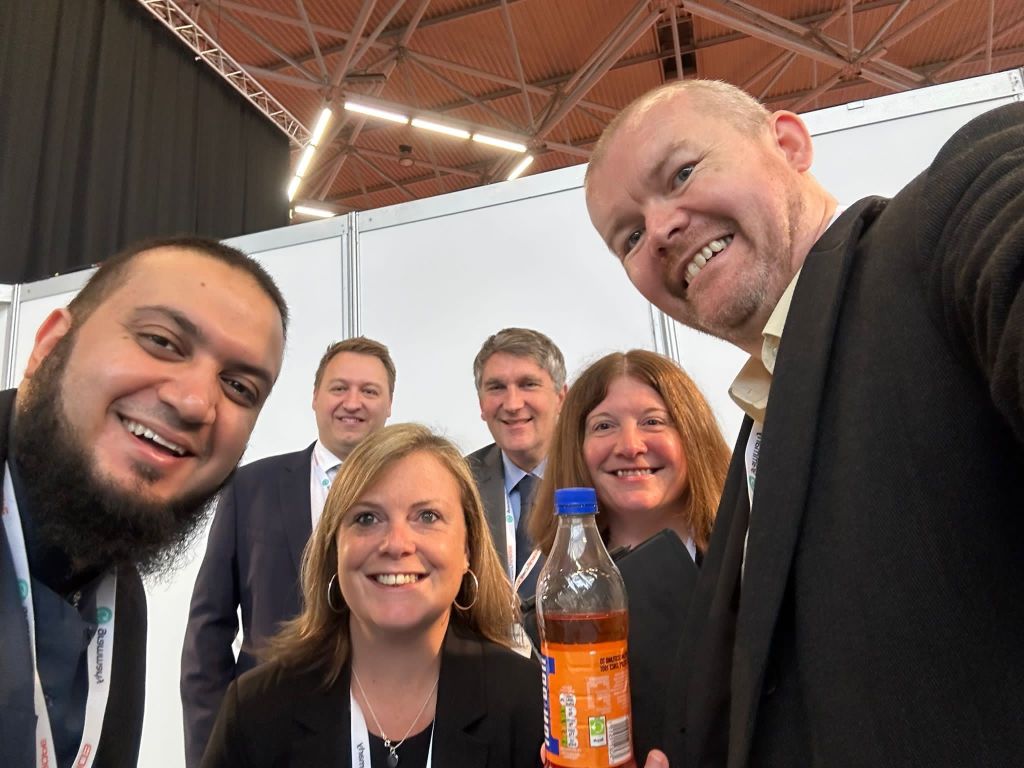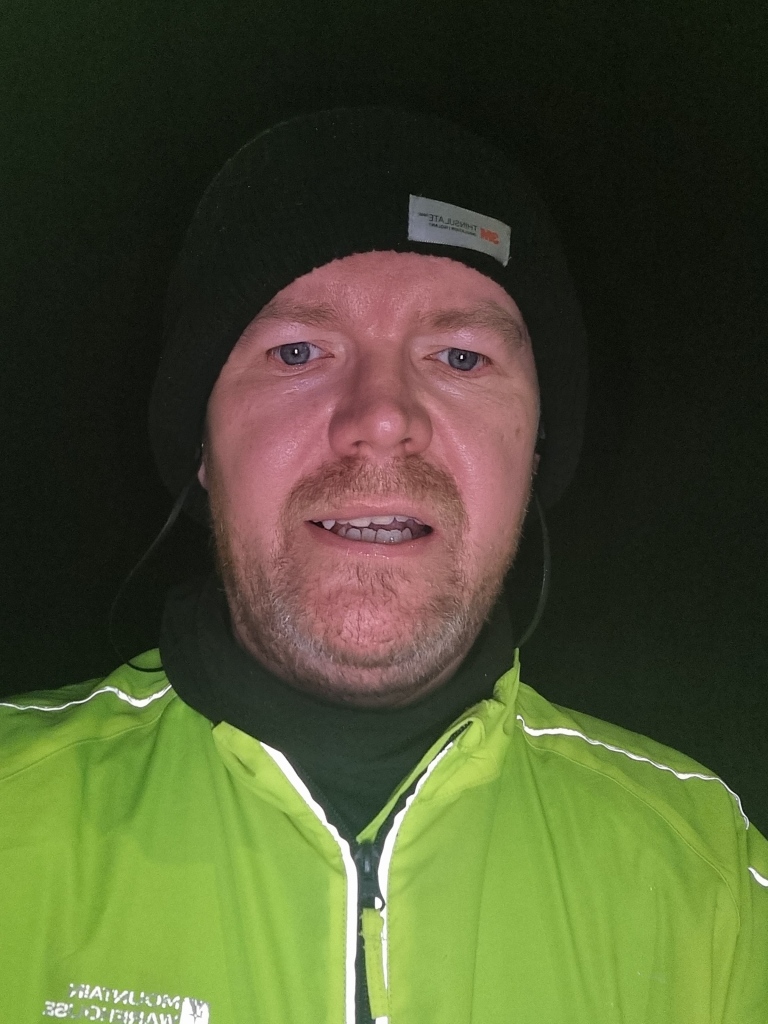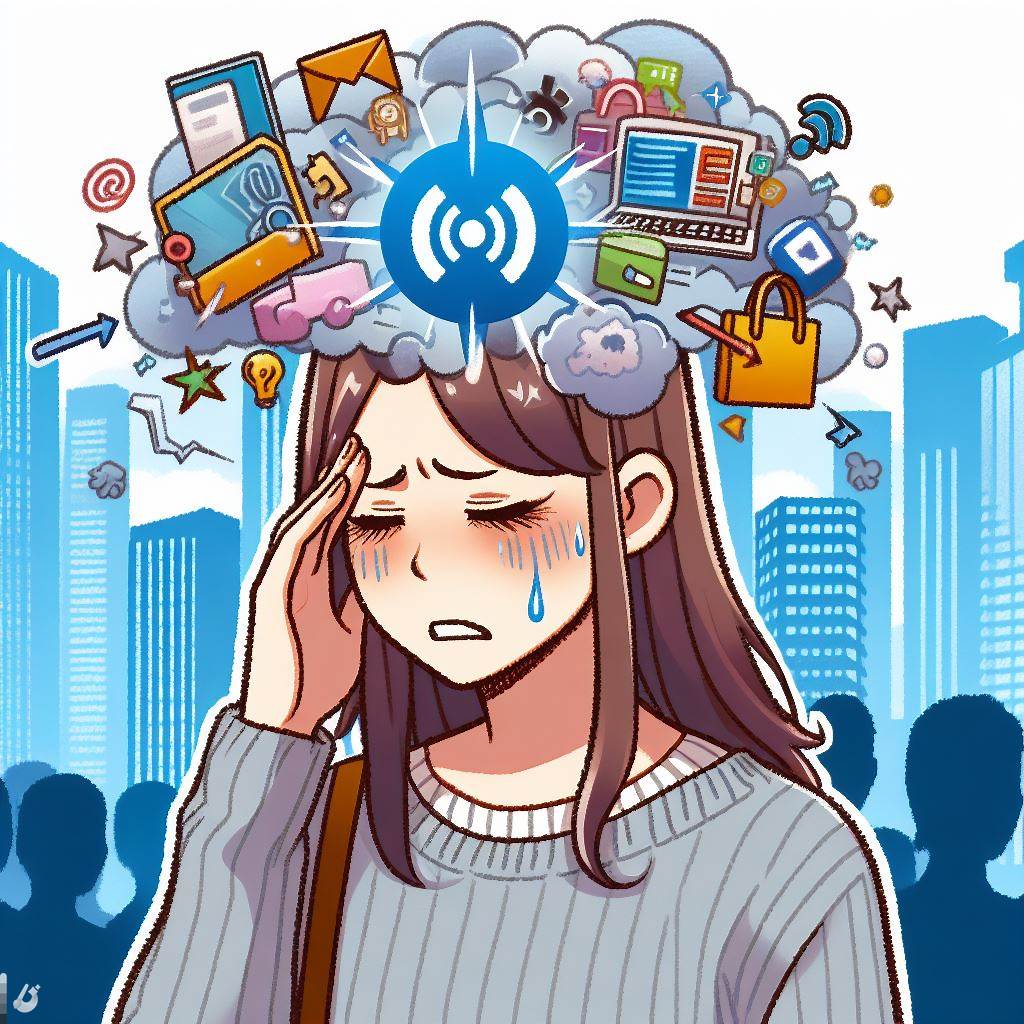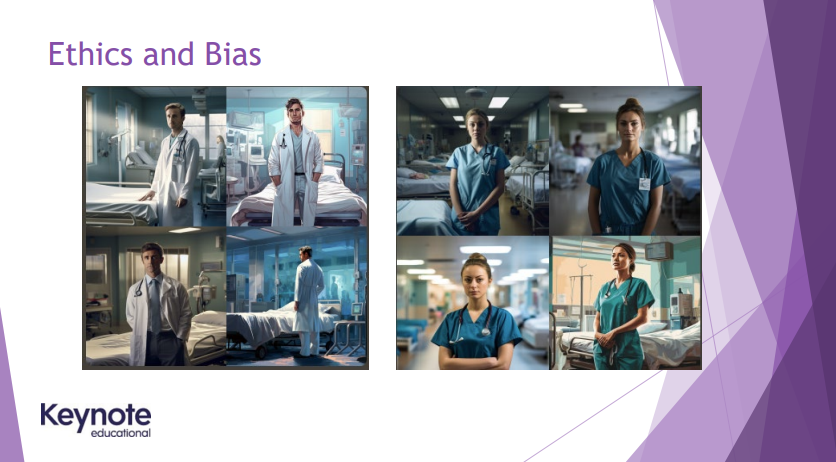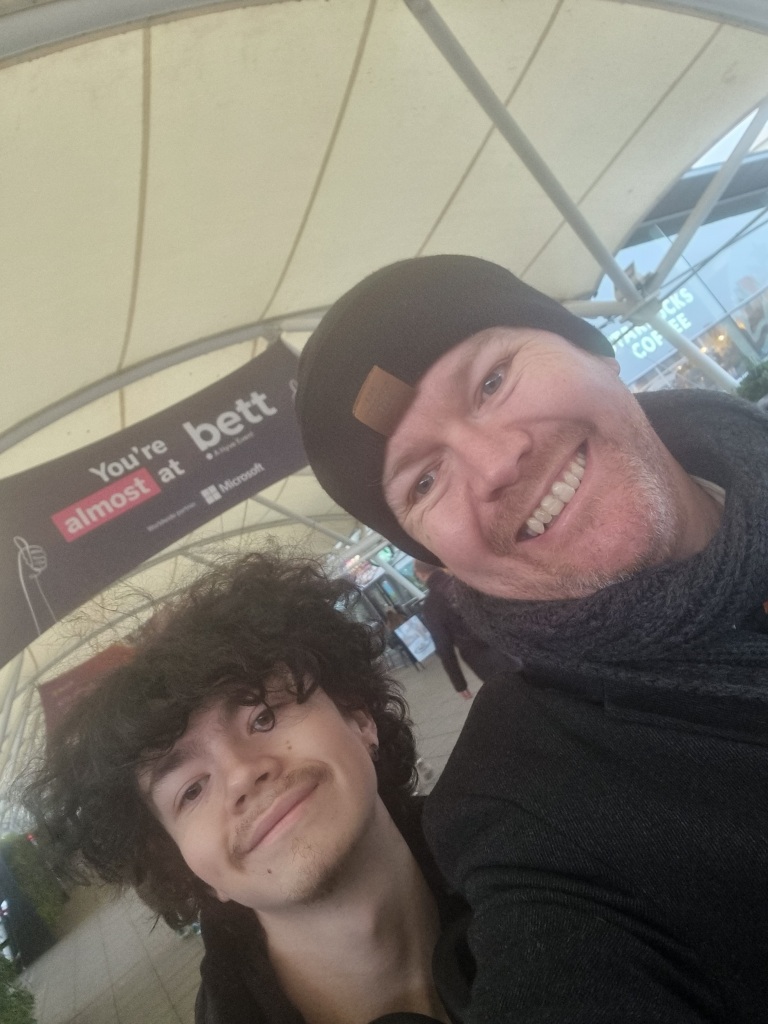
So travel on the annual Bett Show pilgrimage began on Tuesday evening, still suffering a little from a flu bug I had come down with over the weekend, but this time with a bit of company from my son for the travel down. My usual scatterbrain was in effect first thinking I had left my headphones at home when in fact they were in my jacket pocket. So boarding train 1, then 2 and all seemed to be going ok when scatterbrain kicked in and I realised I had left my water bottle in the cars central console; Not great considering I have a bit of a tickly cough which I hoped the water bottle would help with. Oh and a full water bottle is a Bett 101 requirement. As the BETT conference progressed I was that busy and engaged in so many interesting and thought provoking discussions that I became unaware of my cough. By the end of the 3 days, and 5pm as I sat waiting for a train, I was knackered however I had thoroughly enjoyed and found useful the whole event. The energy, positivity and community spirit was exactly what I think I needed after what has been a difficult period of time for me on a personal level. Possibly for me it was my best Bett ever!
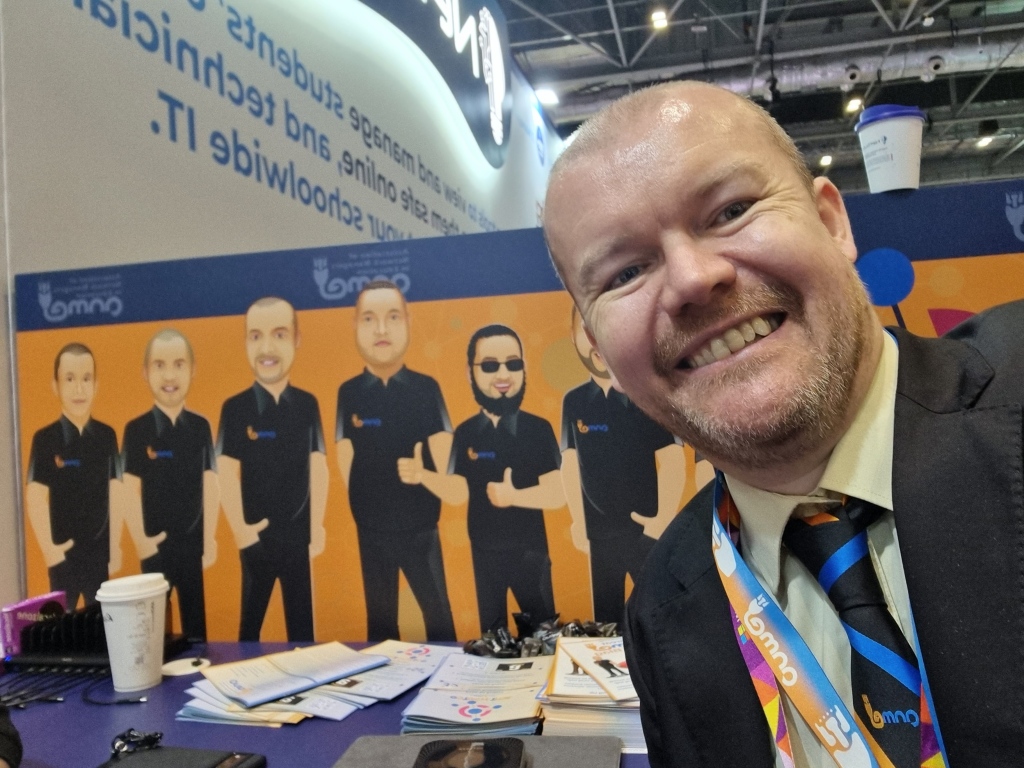
As I posted the other week, Bett for me isnt really about the trade show but about the networking and discussions, plus the various presentations. And once again this was true. This year was all the more interesting and fun with the opportunity to meet a number of people I would consider as legends including Ross McGill (TeacherTookit), Tony Parkin and Amanda Pickard to name just a few. These are people I have followed from afar, occasionally interacting via social media but I had never met them in person despite being in the same venue (usually Bett!) at the same time on numerous occasions. As such meeting with them and having a bit of a chat was great although being so busy and focussed on the chat meant I missed the opportunity for selfies, actually finishing the conference with only a couple of selfies; Abid Patel would be disappointed by my poor performance! On top of these legends there were catch ups with other edtech stars including Sarah White, Bukky Yusuf, Mark Anderson, Emma Darcy, Darren White, Abid Patel (the selfie king!) Gemma Gwilliam, David Horton, Miles Berry, Tom Dore, Kalam Neale, Patrick Hickey, Al Kingsley, Kat Cauchi, Ian Phillips, James Garnett, Jonny Wathen, Alessandro Bilotta, among many others (I wish I could list all but that would likely turn into a post in itself so apologies to those missed off). There was also a gaggle of ANME Ambassadors (Based on some of the laughter at times, I think gaggle seems like the most apt collective noun here) to spend time with, share thoughts and ideas with, and to walk around the show with the giant read Swag Bag. It was pretty full on but with each meeting and chat, even where only brief, I felt that bit more positive in relation to the technology in education space and the energy, purpose and drive of those working in this space. The potential for technology is there and there are also the people and increasingly the networks of support and advice. Maybe through this we can see the reform of an education system which has changed little in over 100 years? Maybe we can also seek to address the digital divides which increasingly exist?
Divides
This was a subject for some discussion over the 3 days however am not going to write much here as I would like to focus on this topic as a blog in itself at a later date. The key however is that in education there are definite and widening digital divides. This might be access to reliable fast internet for staff and students in a school or college, it might be a future thinking digital strategy or student devices, it might be training to support teachers in using technology, access and encouragement to use AI or IT support staff to keep the tech running and maintain cyber security; The divides are many and I feel they are growing currently. Dan Fitzpatrick mentioned them in his brilliant AI talk, with AI being another divide between those that have and those that have not. A lot of those people I talked with are those who have moved things forward, are aware of the issue and working towards addressing it however the challenge going forward is how we help and encourage those schools who are yet to fully engage in the importance and power of technology. Now I note, when funds are limited and when other cost pressures continue to arise putting a focus on technology may prove to be very difficult however we need to engage, be aware and try and take positive forward steps.
Balance
I have talked about balance on many occasions in that any positive change likely has some costs, and that there is always some sort of balance involved. So it was great to hear Darcey Bussel kicking off Bett and talking about technology but the balance with health and wellbeing. Yes technology can make us more efficient but is efficiency the ultimate outcome for human kind? If we were meant to be more efficient why dont we work 7 days or work longer each day? In relation to technology it makes me think of email; It made us more efficient in our communication but in doing so just meant we communicated more, sometimes when we didn’t need to or where emails were the wrong communication method. So we now spend more time reading emails and maybe the net effect is that we are less efficient. But maybe being human is more than this, maybe human flourishing isnt simply about efficiency, and maybe the only reason efficiency matters is to allow us more time to focus on what matters, whatever it is that enhance our lives and the lives of those around us.
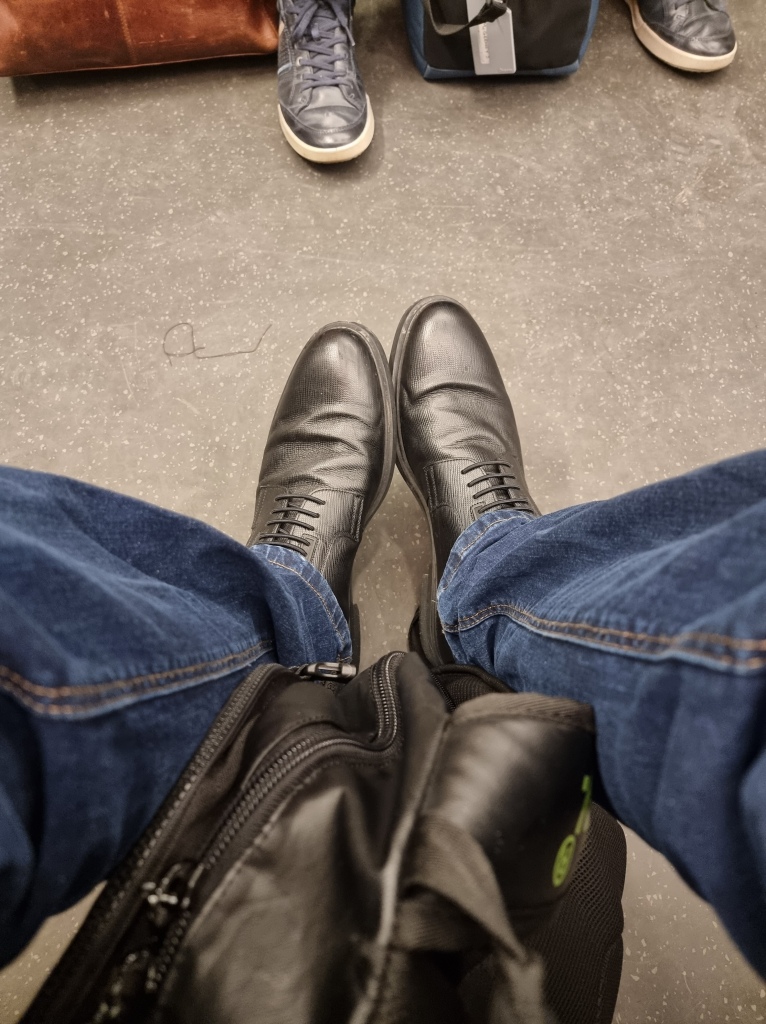
And as to Darceys opening session which involved getting everyone in the audience up and dancing I note this wasn’t something I was comfortable with, although I did feel better for it, plus I had committed the Bett sin of failing to wear comfy shoes; I should know much better than this.
Conclusion
I had wondering about maybe giving BETT a miss this year however some scheduled meetings led me to conclude I needed to attend for at least 1 day. Previous experience told me, if making the trip down, 1 day is never enough to make it worthwhile so it became 2 days and then I found out about Dan Fitzpatricks talk on Friday and this made me decide to go for 3 days. I wasn’t sure it would be worth it, but in hindsight it was the right call as it was a manic, fun, busy, engaging and thought provoking 3 days. Now I just need to allocate some time to sit down and work out what my actions are following Bett 2024 as the event isnt the end, it is the actions which come from it, the relationships and networks which we are building and the resultant impact that this all has on education and most importantly on the students in our schools and colleges. For all the technology it is still about our students, their learning, the opportunities we can provide and the skills and experience we can provide to support them in their lives beyond school.
And so I will sign off in writing this post although I am planning at least one further Bett follow up post and I suspect many future posts will also have origins in chats from Bett 2024; I will finish here though before Bett fatigue sets in!


